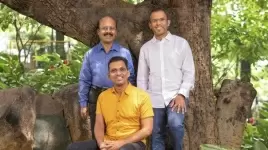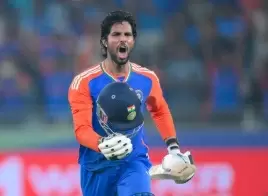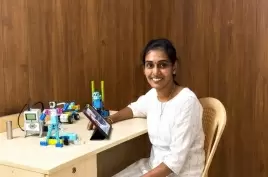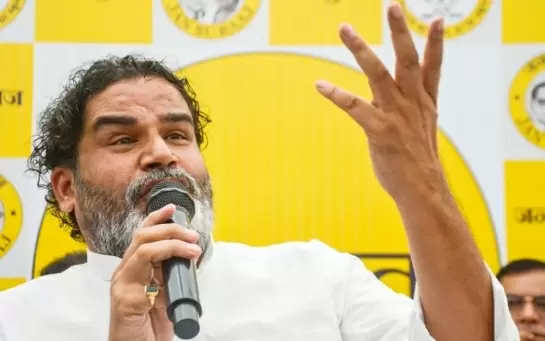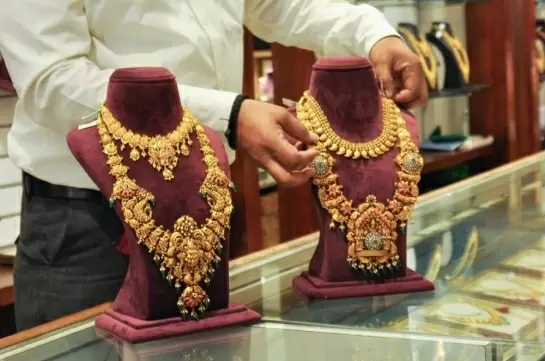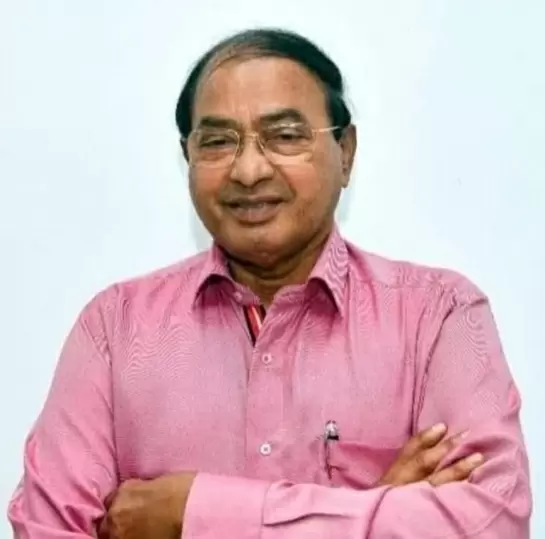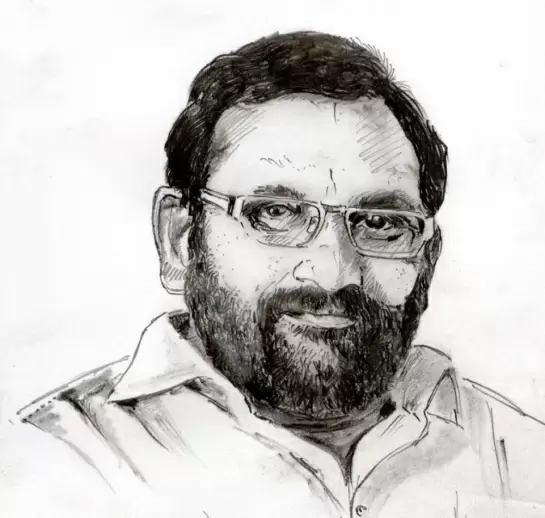Inspired by his own success, an Ayurvedic doctor has turned full time water conservationist

12-January-2012
Vol 3 | Issue 2
Little drops of water make a mighty ocean. That adage was proved right by Anil Joshi, an Ayurveda doctor in Fatehgarh village in Madhya Pradesh, who collected one rupee each from one lakh people and constructed a check dam across a local seasonal river called Somli and changed the life of the farmers.
The doctor, who repeated the success story of Fatehgarh by building 11 such dams across rivers and nullahs around the areas, has now turned a full-time water conservationist and is all out to build 100 more such check dams in other villages having water shortage.
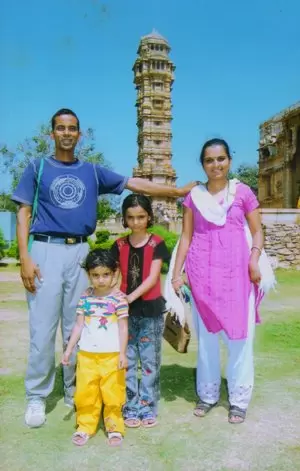 |
|
Anil Joshi’s wife and children give their total support to his work
|
In Fatehgarh, the dam, constructed in 2010, permanently altered the face of the village – from a drought stricken one into a well-irrigated one.
Joshi, who had a clinic in the village since 1994, had developed familial ties with the local people and was concerned about them when successive droughts led to abject poverty in the village.
“Some of my patients were farmers who obtained 100-200 quintals of food grain during harvesting season but after eight years of meager rains, they were in a very bad situation and had to buy food grain to feed their family,” said 39-year-old Joshi. The situation was so bad that his patients did not even have money to pay his fees.
As a resident of Mandsaur, the district headquarters, Joshi has seen the good old days when rains were sufficient and farmers harvested enough to sustain themselves. Things began to change after 1999 as rainfall began to decrease.
In 2008, the village faced the worst drought and water scarcity made life difficult for farmers. Joshi felt building a check dam across the river Somli would help the villagers, as it would raise the ground water table in the area.
However, when he shared the idea with his farmer friends they treated it as a joke and many just laughed it off. But Joshi was undeterred and went ahead with his plan.
He borrowed about a thousand empty cement sacks from a friend and filled them with sand. He himself stood in the middle of the Somli river with a rope tied around his waist and his friends held the rope on either ends.
“Though the river was dry, there was always a stretch where water flowed with strong current. As I stood amidst the running water, I could gauge its force and realized what a challenging task I had in my hand. The barrier that we planned to put up across the river had to withstand the force of the water,” he recalls.
With the help of few friends, Joshi put all the sand filled sacks across the river in a row. Within fifteen days, it rained and there was water in the check dam, which in turn recharged the ground water in surrounding areas.
The hand pumps that had run dry began to yield water again. “The farmers were so happy. As farms got irrigated there was a good crop that year after years of drought,” says Joshi.
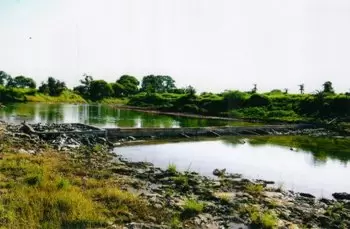 |
|
Joshi's check dams have raised the ground water table in the area
|
Elated by this success, Joshi sold his wife’s jewels the next year and borrowed some money to construct another check dam on the SomIi river. His wife was fully supportive of his work.
“Even today when I get involved in the house we are constructing, she motivates me to go and build check dams instead and not worry about our house,” says Joshi. Even his two little daughters – one studying in nursery and the other in class seven – are proud of their father’s service.
It was in 2010 that Joshi hit upon the idea of taking one rupee from each villager for constructing a permanent check dam across the Somli river. He felt such a dam would permanently end the drought situation of the village.
Joshi was able to collect Rs 36 in just three hours on the first day, as he went from door-to-door seeking support. The next day’s collection was Rs 120. However, some people began to question him on his motive for collecting money from the people.
But thanks to a reporter of a leading Hindi daily, who wrote about his work, the tide turned in his favour. “After the media wrote about the check dams I had built, more people started to support me,” says Joshi. Two teachers, Sundarlal Prajapat and Omprakash Mehta, extended their support in a big way.
Joshi and his dedicated team collected Rs one lakh in three months and a permanent check dam was built at a cost of Rs 92000. The villagers voluntarily provided their labour.
Following the success at Fatehgarh, Joshi has helped to build eleven more check dams on rivers and ‘nullahs’ (smaller channels of water) in eleven villages within a 10 km radius of Fatehgarh.
He now aims to plant trees along the 120 km road to Sawaliya Dham to provide shade for the barefoot pilgrims visiting the Krishna temple there and build 100 check dams within few years.
“Constructing check dams by collecting one rupee from each person in a drought stricken village has now become my mission and I will make this effort a continuous process,” says Joshi, who is now becoming known more as a water conservationist and less as a medical practitioner.




